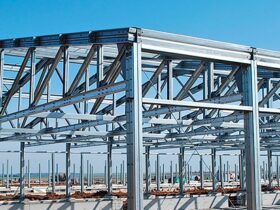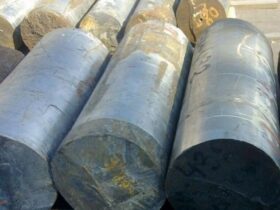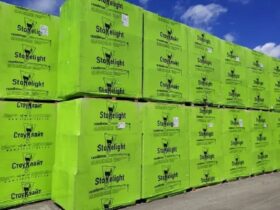No matter how journalists say there, and the sanctions of Russia in relation to the EU countries still affect the life of citizens. The proof of this is the devastated shelves and the increased prices for goods that are imported from the West. Plus, it should be noted the monopoly policy of businessmen who take the opportunity and artificially increase the cost of many products.
It has come to the point that food tourism is gaining popularity today in Russia. Of course, it is most profitable to travel to nearby countries, such as Lithuania, Estonia, Finland and Poland (belongs to the inhabitants of Kaliningrad). In the European Union, these goods are an order of magnitude cheaper, and they can be exported in any volume. Statistics shows that such a purchase method is more profitable than the purchase of products in Russian supermarkets. Most often, people bring that food, without which they can no longer do in everyday life: yogurts, seafood, meat, fruits, etc. Thus even residents of remote regions come. As a rule, they reach by train to St. Petersburg, from where it is a stone’s throw to Finland. You can also get to Kaliningrad by rail, which is surrounded by the countries of the European Union.
If after 2-3 weeks you will see products that have fallen under sanctions on supermarket shelves, then know that this product is imported by transit through Belarus, where its price has automatically increased one and a half times. Smart people, not wanting to overpay money, buy vouchers under the product tourism program and go for food to the European Union. A year later, inexpensive European goods will appear in Ukrainian supermarkets, but only God knows whether the Russians will be able to cross the border with a neighboring country in the near future.















Leave a Reply